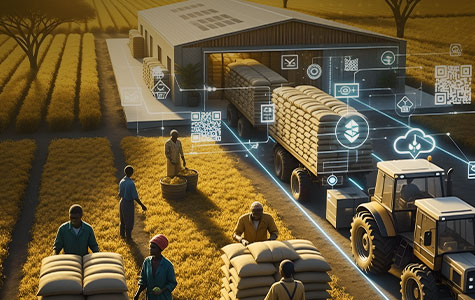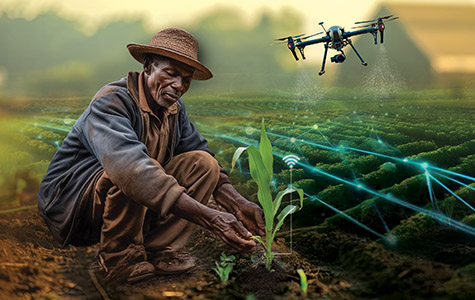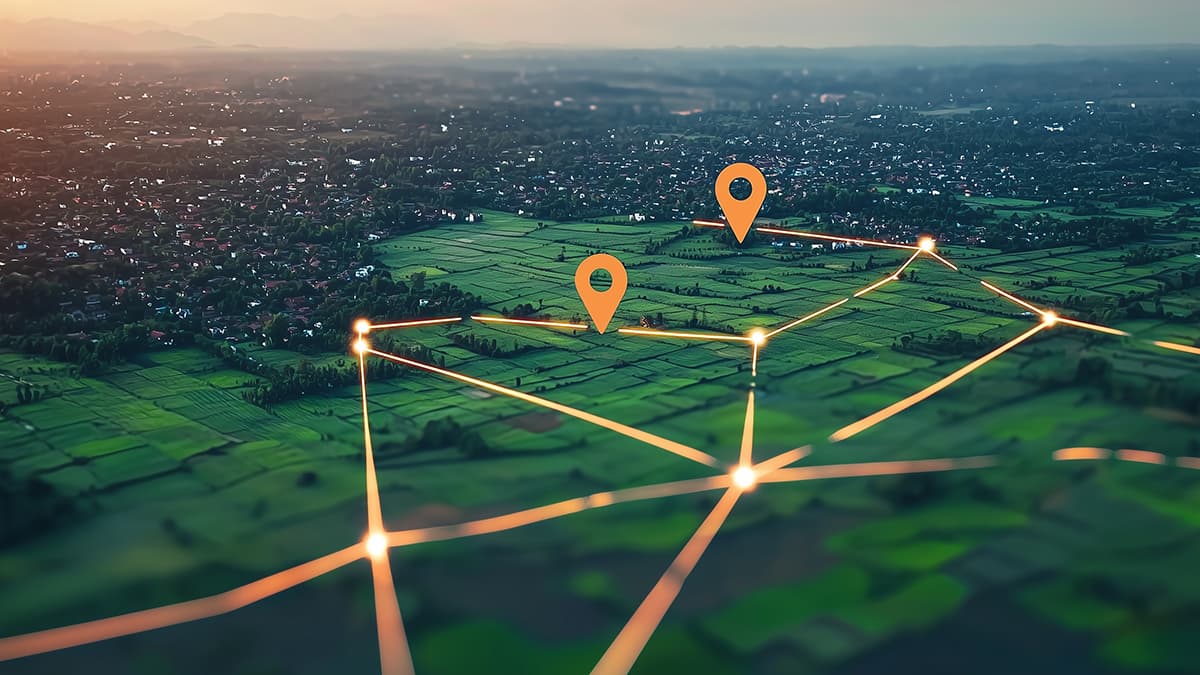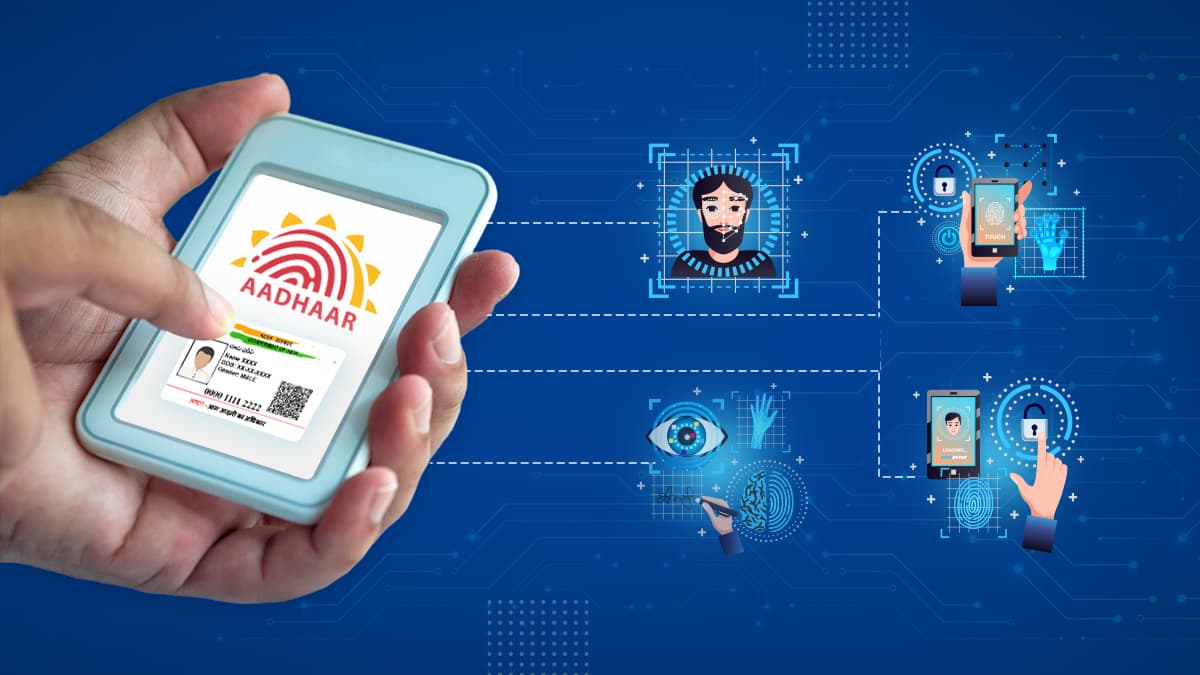 (1).jpg)
The impact of technology on society, culture and economy is undeniable, sparking discussions on innovation, law, social initiatives and family life worldwide. How nations utilize technology will shape their futures.
For African countries like The Gambia, technology could be truly transformative. New solutions are desperately needed in banking, where antiquated systems still require long queues just to withdraw cash. Financial tech innovations like Wave, a mobile money service, have modernized finance across Africa. Homegrown successes like Maraphones, a smartphone brand, are models for Gambian innovation.
While The Gambia is among Africa's smallest nations, it is uniquely positioned to become a pioneering tech hub. The country is majority youth, with 65 percent of the population under 25 according to World Bank data. Its economy centers on self-employment in sectors like agriculture, priming the next generation to solve pressing global problems in food systems and youth unemployment.
 (1).jpg)
Experts emphasize that an open-source approach to skills development, where knowledge is freely exchanged, is critical for The Gambia. Young Gambians already access online courses and mentors worldwide. The University of Applied Sciences in Banjul features an innovation lab granting students opportunities to create solutions. Studies show that more research facilities focused on cutting-edge fields like robotics and artificial intelligence are vital for developing countries to participate in technological advancement.
Signs of progress are emerging. Innovators across Africa have made waves with biological AI systems, IoT networks for waste management and more. With strategic leveraging of technology, The Gambia could propel itself onto the global stage while preserving communal values that are integral to its culture.
If Gambians continue to share skills and support one another, the country's open culture can create the perfect environment for innovation to flourish, researchers say. With electric vehicles, ethically-produced electronics and other green tech, The Gambia can build a future that nourishes the planet.
In addition to business and infrastructure, technology has the power to transform governance and civic life in The Gambia. E-governance initiatives can increase transparency, reduce corruption, improve access to government services and boost citizen participation.
According to the UN, 90% of Gambians had a mobile phone subscription in 2017. Leveraging widespread mobile penetration can make governance more inclusive. SMS campaigns, phone-based surveys and mobile apps for government services can engage citizens.
Estonia's e-governance model demonstrates the possibilities: citizens can access nearly all government services online, vote electronically, check medical records, pay fines and taxes, obtain digital IDs, and more. Kenya's Huduma platform also provides inspiration. Huduma enables citizens to access various government services digitally in one place. Over 50 million people have used the online portal. Gambia must begin to adapt similar models and frameworks to deliver the promise of progress to its citizens.
Digitizing governance to be mobile-based, transparent and participatory will empower Gambian citizens, reduce corruption through accountability, and streamline bureaucracy. If implemented ethically, e-governance can pave the way for broader nation-building.










































We will verify and publish your comment soon.